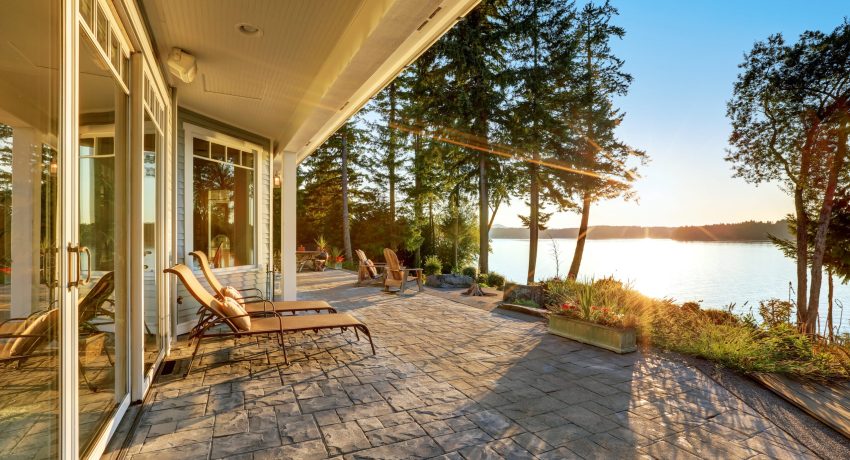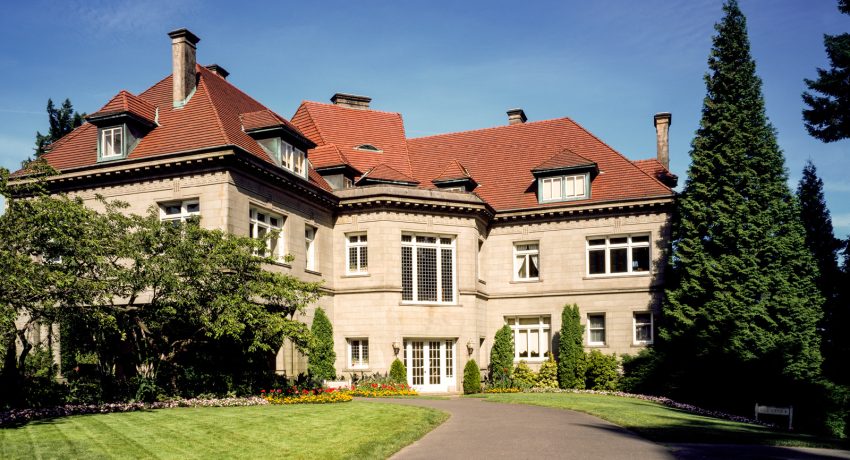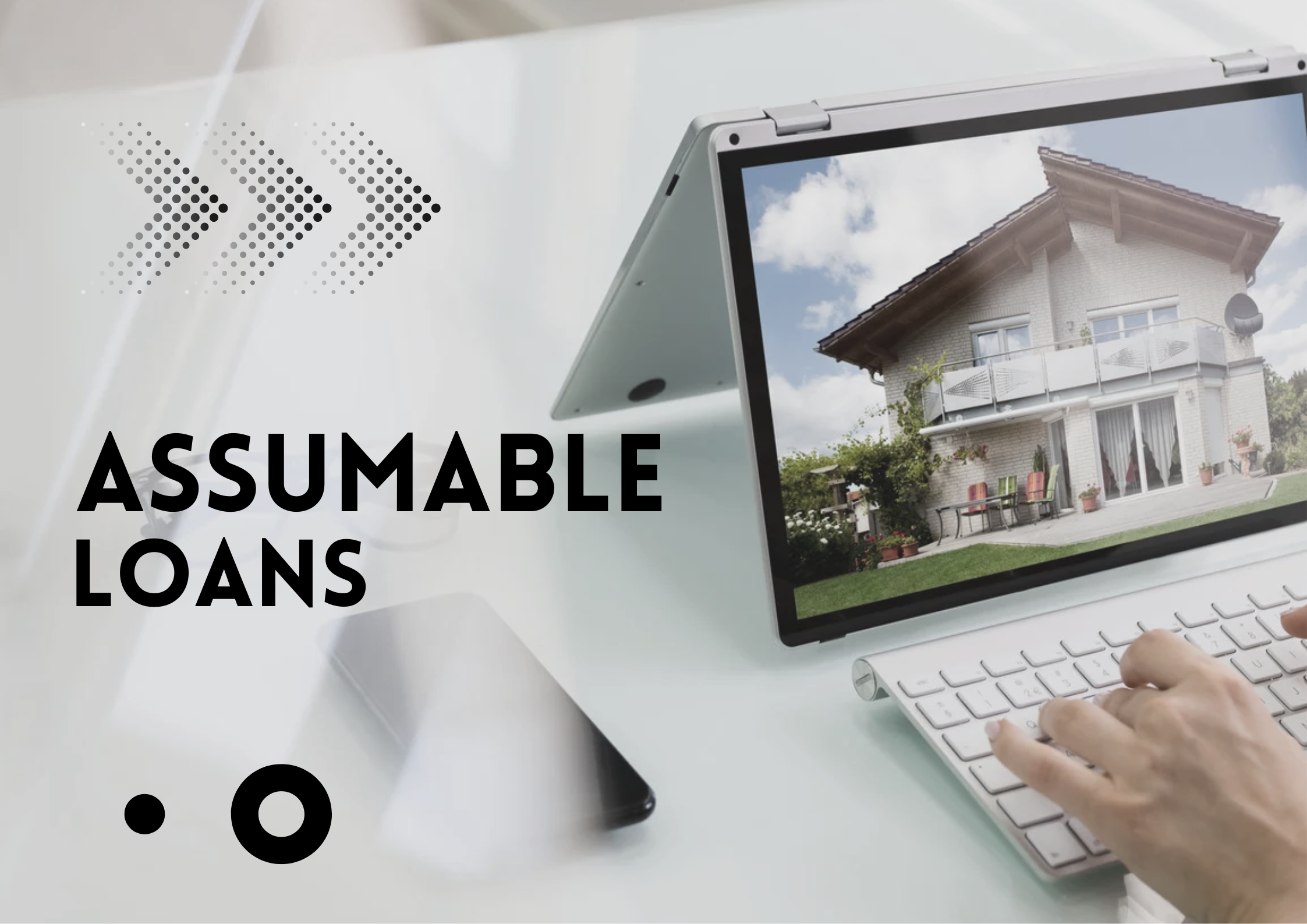
Luxury homebuyers purchase a fabulous lifestyle as well as a home. Agents who recognize the lifestyle preferences of these discerning buyers can corner this lucrative niche market. Discover how to use wellness and healthy lifestyles to attract, and sell homes, to high-end house hunters who know how they want to live.
Glorious Gardens
Expansive properties mean having room for glorious gardens, including fresh vegetables and herbs. Show luxury buyers aromatic gardens with regional fruits, vegetables, and spices. Let them know they can pick fresh produce and herbs to use in their daily cooking. Having a well-established garden is a strong selling point for people focused on wellness. Remember to point out special features, such as an organic garden or one surrounded by beautiful flowers that also keep bugs and pests away.
Fantastic Fitness Center
Homes with a workout room or luxury communities with fitness centers are sure to appeal to buyers focused on good health. Mentioning a home has space to build a fitness area can help. However, most luxury buyers prefer move-in ready houses that already have it all. Having these types of amenities in-place can help sell a house faster and increase its value to fitness-minded purchasers.
Sensational Sporting Opportunities
Estate homes often have sporting areas, such as tennis and basketball courts. A swimming pool, sauna, and hot tub are also alluring amenities for buyers with a healthy lifestyle. Make sure the sports courts are updated, clean, and safe for the new owners to use immediately. Keep the swimming pool and other water fixtures well-maintained at all times. Display related sporting gear so potential buyers can imagine themselves enjoying outdoor sports in their new backyard.
Waterfront Living
Waterfront homes are desirable to many high-end buyers because there are fewer of them than landlocked ones. Whether a summer home or used year-round, waterfront living is enticing to everyone from beach bums to sailors and fishing enthusiasts. Homes with dockage appeal to boaters while a house on a private beach is ideal for sun lovers. Craft listing descriptions that focus on all the waterfront opportunities at the home and in the area. Mention yacht clubs, favorite fishing piers, and other hot spots where healthy lifestyles are in full swing.
Wellness, Walking, and Riding
Accessibility to walking, hiking, biking, and horseback riding trails appeals to wellness-minded buyers. Vast estates might have their own trails, which are best showcased by aerial photography. Give prospective buyers a bird’s eye view of the places they can walk, hike, and ride around their home. Include a map of the property, and surrounding trails, and encourage them to explore the beauty for a while on their own.
Proximity to Healthy Lifestyle Options
If a home is located near a notable fitness center, golf course, and other healthy lifestyle options, mention the proximity to possible buyers. Include these places in the listing description with tags, so buyers searching for specific properties will find the house for sale. Include colorful images of the house and neighborhood. Better Homes and Gardens® affiliated agents have access to an impressive library of professional photographs to complement their listings and promotional materials.
Indoor Wellness Features
Jetted tubs, rainwater showers, saunas, and sunbeds are indoor features to mention as part of an overall healthy lifestyle. Luxury buyers appreciate having a spa experience at home, with amenities such as heated bath towel racks, radiant heated flooring, and cedar closets. Beyond the little details, transform a space into a massage room or yoga studio to appeal to health-conscious clients. A few simple updates can grab the attention of luxury buyers and help sell the house faster.
Clean Air and Water
Wellness-minded buyers are likely to be concerned about the quality of the air and water in a house. An air purification system and water filtration systems are smart investments that benefit the current homeowner and future ones. Sellers should be encouraged to get these systems, so the house always appears clean and healthy.
Staged for Success
Keep in mind health and well-being as the home is staged for open houses and future showings. Hide all personal items, so house hunters can picture themselves at the property. Ue neutral, earthy colors that bring to mind a spa feeling. Display complementary accessories that help people imagine all the possibilities, such as bubble bath and fluffy towels near a jetted indoor tub.
With a focus on wellness and healthy lifestyles, agents can attract more luxury buyers. From millennial buyers with an eye on fitness to seniors looking to maintain good health, savvy agents know how to showcase wellness features to sell houses fasters to buyers who can’t wait to live in them.
 Facebook
Facebook
 X
X
 Pinterest
Pinterest
 Copy Link
Copy Link




